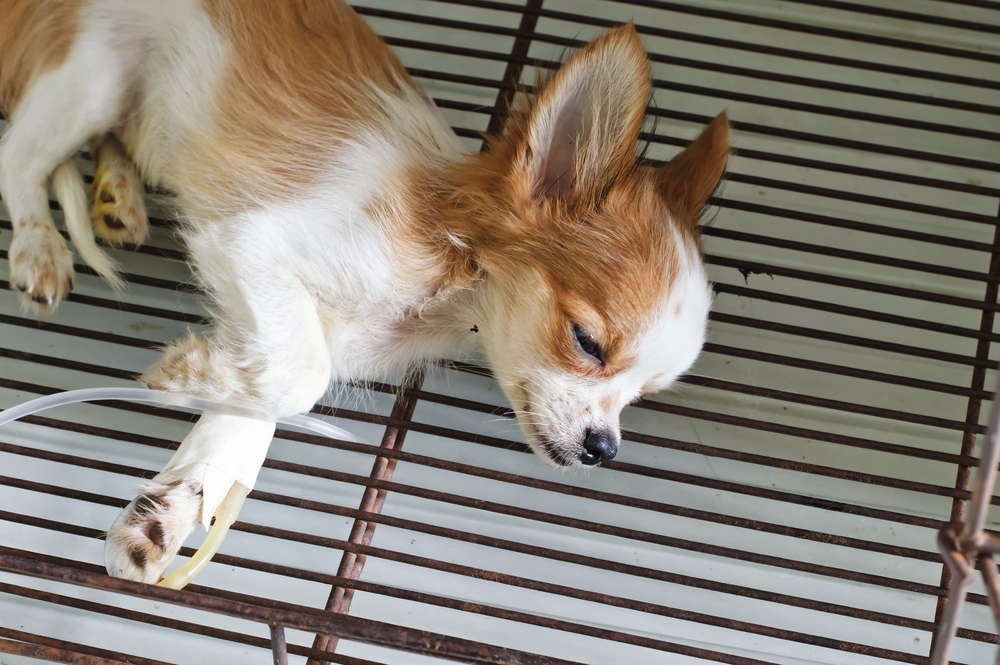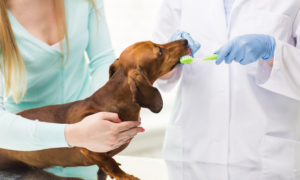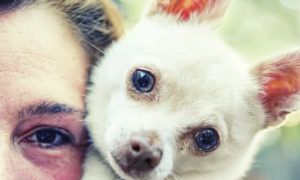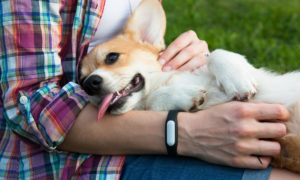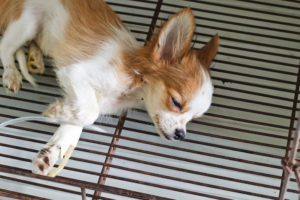 Toy breeds have become increasingly popular nowadays because of their being irresistibly cute – and of course, their being intelligent and loyal companions at home. Compared to the larger kinds, small dog breeds also tend to have significantly longer lifespan. Nevertheless, they are prone to certain health problems so if you own or are looking to get a toy dog, familiarize yourself with the following common health conditions:
Toy breeds have become increasingly popular nowadays because of their being irresistibly cute – and of course, their being intelligent and loyal companions at home. Compared to the larger kinds, small dog breeds also tend to have significantly longer lifespan. Nevertheless, they are prone to certain health problems so if you own or are looking to get a toy dog, familiarize yourself with the following common health conditions:
- Intervertebral Disk Disease (IVDD). This is a condition in which one or more of the cushions that exists between each vertebra comes into contact with the spinal cord; therefore, causing an array of clinical signs which can range from irritation (that results in pain due to spinal cord compression) that leads to weakness and paralysis. A small dog like the Dachshund is particularly at risk of IVDD.
- Patellar Luxation. This disease occurs when a dog’s patella or kneecap is dislocated from its normal position in the groove of the femur or thigh bone. Although it’s been identified to occur in any dog breed, the small ones (like the Boston Terrier) tend to be more at risk of the condition. While the specific symptoms of kneecap dislocation generally depend on the severity and persistence of the health problem, perhaps it’s important to note that typically, the dog with pattelar luxation will demonstrate lameness and prolonged abnormal hindlimb movement.
- Pancreatitis. This This disease generally develops when the pancreas becomes tender and swollen due to certain causes (i.e. obesity, trauma, infection, metabolic disorders, etc.) or seemingly just out of nowhere. The result of the inflammation includes symptoms like vomiting, dehydration, diarrhea, and abdominal pain. Although pancreatitis can happen to any dog breed, remember that it tends to affect small pets such as the Miniature Poodle.
- Brachycephalic Airway Syndrome. This is generally the medical term that refers to various upper airway problems common in short-nosed and flat-faced breeds like Pug, Chihuahua, and Shih Tzu.
- Extropion. Another abnormality which often affects short-nosed pets is ectropion which is common in French Bulldogs, Cairn Terriers, and Cavalier King Charles Spaniels. It basically causes the margin of the eyelid to roll outward which in turn resulted in exposure of tissue that lines the inner lids.
Because of their small size and genetic sensitivity, small breeds usually have more adverse reactions to various medications and vaccinations as compared to larger breeds. As a responsible dog owner, take time to provide your small pooch with the most natural lifestyle possible, and see to it that you minimize the consumption of processed foods, and that you give more room for natural diets.

